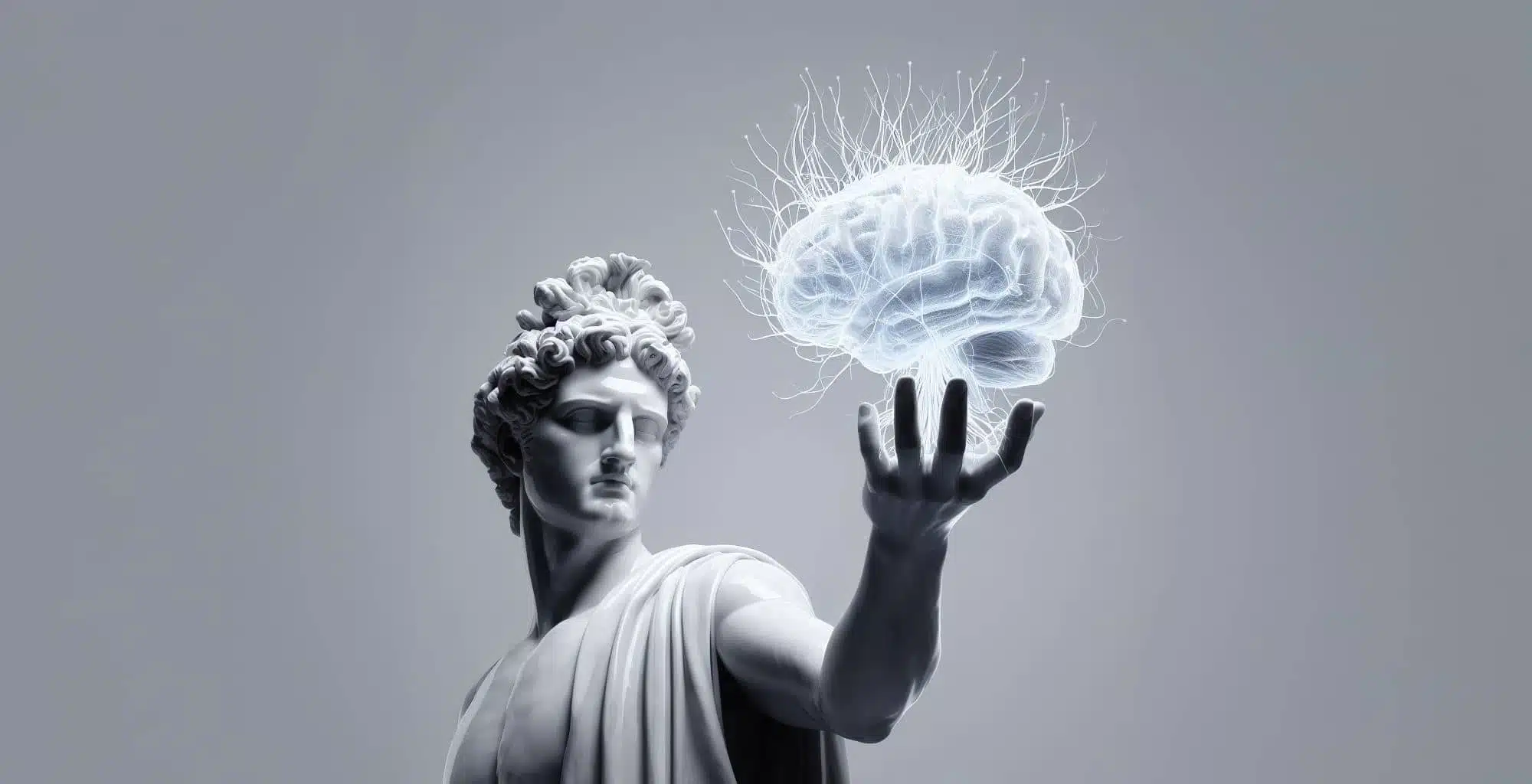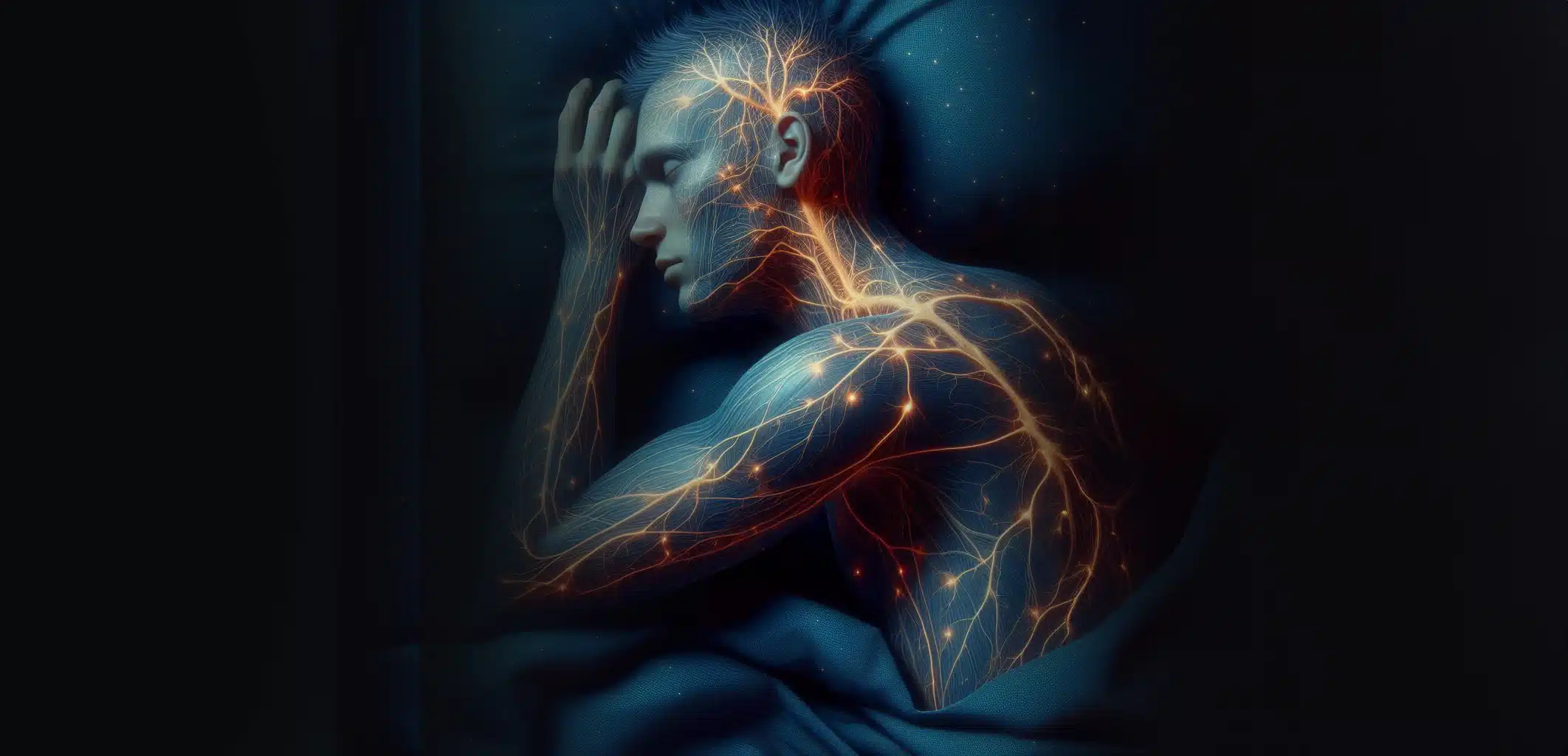Blog
The movement that changes lives

10-10-2023
World Mental Health Day: Mental Health and the Autonomic Nervous System
Hello! We welcome you to this new stage of the NESA® blog that we have baptised as NESA® life. Here you will find a lot of articles related to health and quality of life, as well as our news, clinical cases, scientific studies and more, which are part of our DNA.
As you know, NESA® technology, which modulates the autonomic nervous system in a non-invasive way, opens a huge window of opportunity in the field of medicine: it is clear to everyone that there is still a lot to be explored when it comes to understanding how our autonomic nervous system works. A clear example of this can be found in the proper functioning of our psyche, which today is so saturated with stress and anxiety and deserves so much protection.
Did you know that the Greeks used this term as a synonym for the soul? Curious and very connected to our own essence, don't you think?
On World Mental Health Day, we invite you to reflect on this important topic and find out how taking care of our autonomic nervous system influences our mental state. Let's get started!
Society in the Fourth Industrial Revolution
In the hustle and bustle of modern life, it is easy to forget to take care of our mental health. Our society is constantly evolving, and with it, so are our minds. In recent years, the world has undergone an unparalleled metamorphosis: technology has burst into our lives in ways we could never have imagined. Digital connects us to people all over the world in a matter of seconds, but it also immerses us in a sea of notifications, emails and glowing screens. The pressure to succeed, and consequently the so-called burnout, the constant comparison on social media and the speed of our lives today, are all factors that can influence our psychological well-being.
The autonomic nervous system and your mental health
The autonomic nervous system (ANS) is a key player in your mental health. It is responsible for regulating automatic functions such as heart rate, digestion and breathing. But it also plays an essential role in how we respond to stress and anxiety. A balanced ANS promotes calm and relaxation, while an imbalance in the ANS can trigger problems in our emotional state.
The ANS is divided into two main branches: the sympathetic and parasympathetic nervous system. The sympathetic nervous system is activated in stressful situations and prepares the body for rapid action, known as the ‘fight or flight response’. On the other hand, the parasympathetic nervous system counteracts this response, promoting calm and relaxation.
A proper balance between these two branches of the ANS is essential for optimal mental health. When the sympathetic system is over-activated due to chronic stress, it can lead to anxiety problems, insomnia and exhaustion. On the other hand, a strong and balanced parasympathetic system promotes calmness and recovery.
How to achieve a balanced SNA
There is no magic wand, we are sorry to give you this bad news. We'd rather offer you a series of tips on how to work resiliently with your mind, thus achieving the desired balance of your autonomic nervous system. Remember, it all goes together. Let's get on with it:
Human connection. It is true that technology has many advantages, but there is one thing it can never compete with: the human factor. Human relationships remain a pillar of mental health. We are social beings. Make time for physical connection and cultivate those relationships with people who bring you wellbeing and calm. These are called ‘home people’.
Time for yourself. Establish moments to disconnect and take care of yourself. Find a few minutes a day to take a walk in nature, meditate, read a good book or do something you are passionate about. It's about disconnecting to connect with you. Try it because it works.
Digital balance. Limit the time you spend in front of screens. Set disconnection times that become routine and experience the liberation that comes from hitting the off button on all your devices.
Get moving! Exercise releases endorphins, reduces stress and improves mood. We know that sometimes it's hard and laziness can get the better of us, but you also know that when you get over that moment of staying on the couch at home, the benefits are innumerable. So, find a physical activity that you enjoy and go for it. It could be a simple walk, dancing or yoga.
Daily gratitude. How we love this tip on caring for the vegetative nervous system and, consequently, mental health. According to various publications, the human being is capable of generating around 60,000 thoughts a day. How would you like to change this trend? We suggest you keep a gratitude diary in which you write down three things every day for which you are grateful. We assure you that this simple act can change your perspective and improve your emotional well-being.
On this World Mental Health Day, remember that you are the author of your own story. Society may change, but you have the power to adapt and strengthen your emotional resilience, with a special focus on balancing your autonomic nervous system. Life today can be overwhelming, but with these small changes in your daily routine and constant attention to your well-being, you can stay strong and mentally healthy. If you still feel you need help, seeking professional support is a brave and necessary step. Mental health professionals are here to accompany you through this process, don't forget.
Thank you for making it to the end of this post. To close the circle, how about leaving us your tips or experiences for mental health care in the comments?
Join the NESA® movement and be part of the change!










